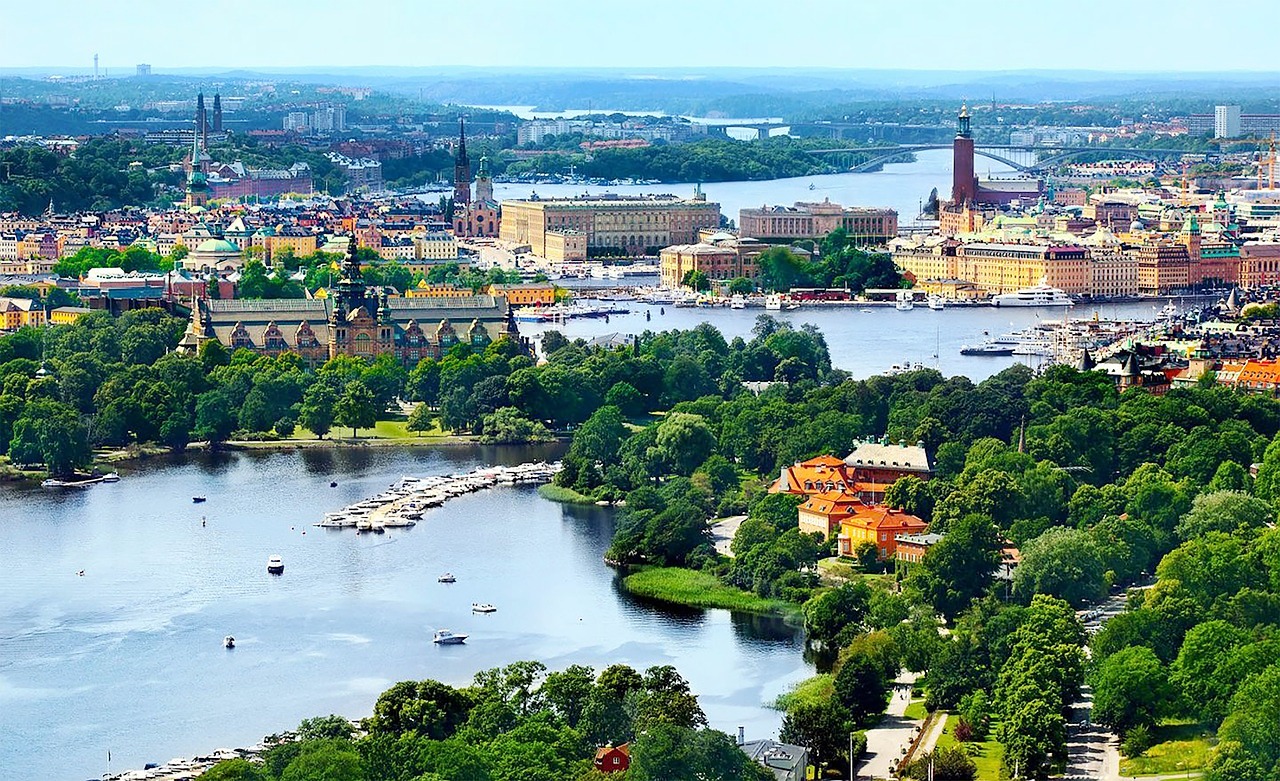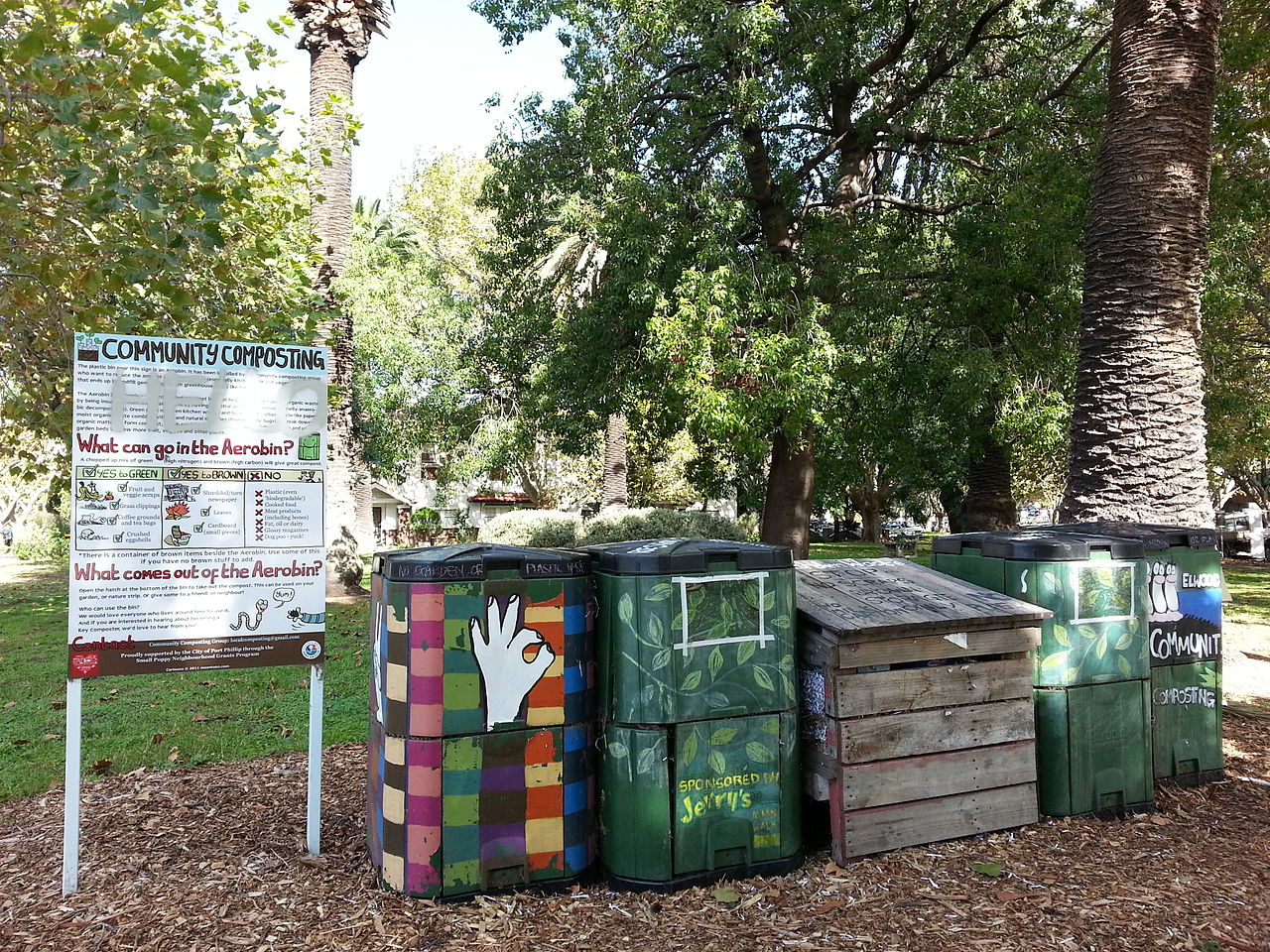
Transitioning from a conventional lifestyle to one that is more eco-friendly can be quite intimidating. After all, in addition to getting acquainted with worrying facts about the environment, pollution, global warming, and water crisis, you also have to come up with ways to minimize your home’s carbon footprint. For most people not living on a self-sufficient farm, this is a complicated, seemingly impossible process.
But the great thing about eco-awareness is that you can start very small, and implement changes as you go. There’s no need to get overwhelmed or to think that any type of contribution is too small.
If you’re unsure where to start, here are a few easy tips for city-dwellers that will leave a positive impact on your environment, without being too difficult to commit to.
Recycling
It’s actually astounding to think about how difficult something as basic as recycling can be. But it’s far from impossible, even if your resources are limited. Sure, it’s going to require some new habits. And yes, you might need to become a bit more involved in the way you dispose of your garbage.
To make the process less daunting, start from the basics – separate recyclables from non-recyclables, and find out about your city’s infrastructure. You can also take this opportunity to look into product alternatives that involve as little packaging as possible.

Compost
The kitchen is the number 1 source of waste in the home (followed closely by the bathroom). But the thing is, you don’t have to throw away food scraps even if they’ve gone bad (or are simply unusable, like vegetable peels). If you have a small balcony, you can make your own at-home composting bin and minimize the emission of methane into our atmosphere. It’s a challenging process that takes true dedication, but in the long run, it’s worth it.
Greener transport
Sure, getting in your car and arriving at your destination hassle-free is great. But it’s actually one of the least eco-friendly things you can do. Instead of driving, however, you can use your city’s public transport, or even choose to bike to work.
Even if you have a long commute, you don’t have to worry about coming in to work sweaty and exhausted, thanks to the wide availability of electric bicycles. You can even get a foldable option that you can easily carry with you on the train. With one of those, you can combine transportation methods as well as keep your ride safe in your office.
Ditch single-use items
Single-use plastic items are one of the worst things we, as humanity, have brought upon our planet. It ends up in our oceans, rivers, lakes, land, and ultimately, makes its way into our food. But, with a bit of preparation and a few changes of habits, you can stop contributing to the problem:
- Say no to plastic straws.
- Bring your own bag when you go grocery shopping.
- Purchase a reusable coffee cup.
- Say no to plastic cutlery.
- Replace your traditional toothbrush with one made out of bamboo.
None of these will have you give up the things you love, but they’ll stop you from creating waste that’s going to be here 500 years from now.

Shop mindfully
As a consumerist society, we’ve come to a point in time where we can buy absolutely anything that comes to mind.
We all seem to own more clothes than we can ever wear, electronics that become obsolete after two years, gifts we hate and never use, rooms full of toys our children don’t play with, and the list goes on.
Unfortunately, for some, shopping has become not only a pastime, but also an addiction. So, doing less of it takes more effort. But, we can all start small by buying essentials that have minimal packaging and investing in high-quality items that are going to last longer. Most importantly, we need to take a moment and consider whether we really need something instead of just going out and buying it anyways.
These are all things we can do, regardless of where we live. The best part? By being aware of our own personal impact and changing our shopping habits, we can influence big companies to start thinking about their own contribution to pollution.
Conclusion
Of course, these are only a few of the things you can do if you live in a big city. Not everyone has the same possibilities, and not all of us are ready yet to make big changes. But it’s important to know that every step, no matter how small, still counts.
So, whether you’re switching to a zero-waste lifestyle, or just introducing Meat-Free Mondays into your weekly routine, you’re on the right path. Just keep going!
Written by Hannah Thomas
About the Author
Hannah Thomas is a gardening and home décor enthusiast. Garden is the place where she feels most comfortable, that’s why there are always a lot of books and empty coffee cups on the back porch. Always learning, exploring and smiling.
You may also like
How Does Reusing Wastewater Help the Environment?
5 Simple Ways to Significantly Reduce Your Household Water Consumption
How to Make Sustainable Choices When Decorating Your Home
